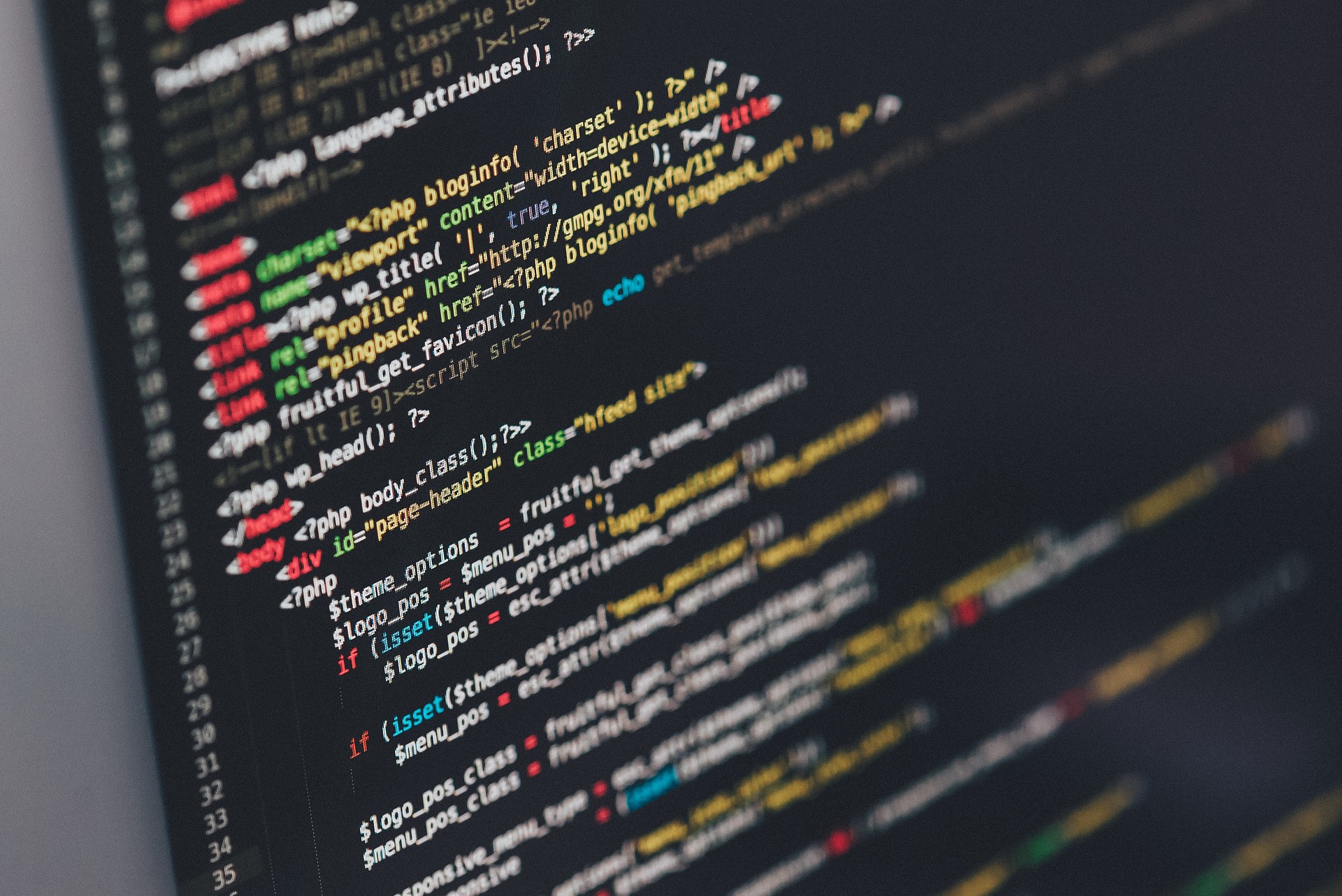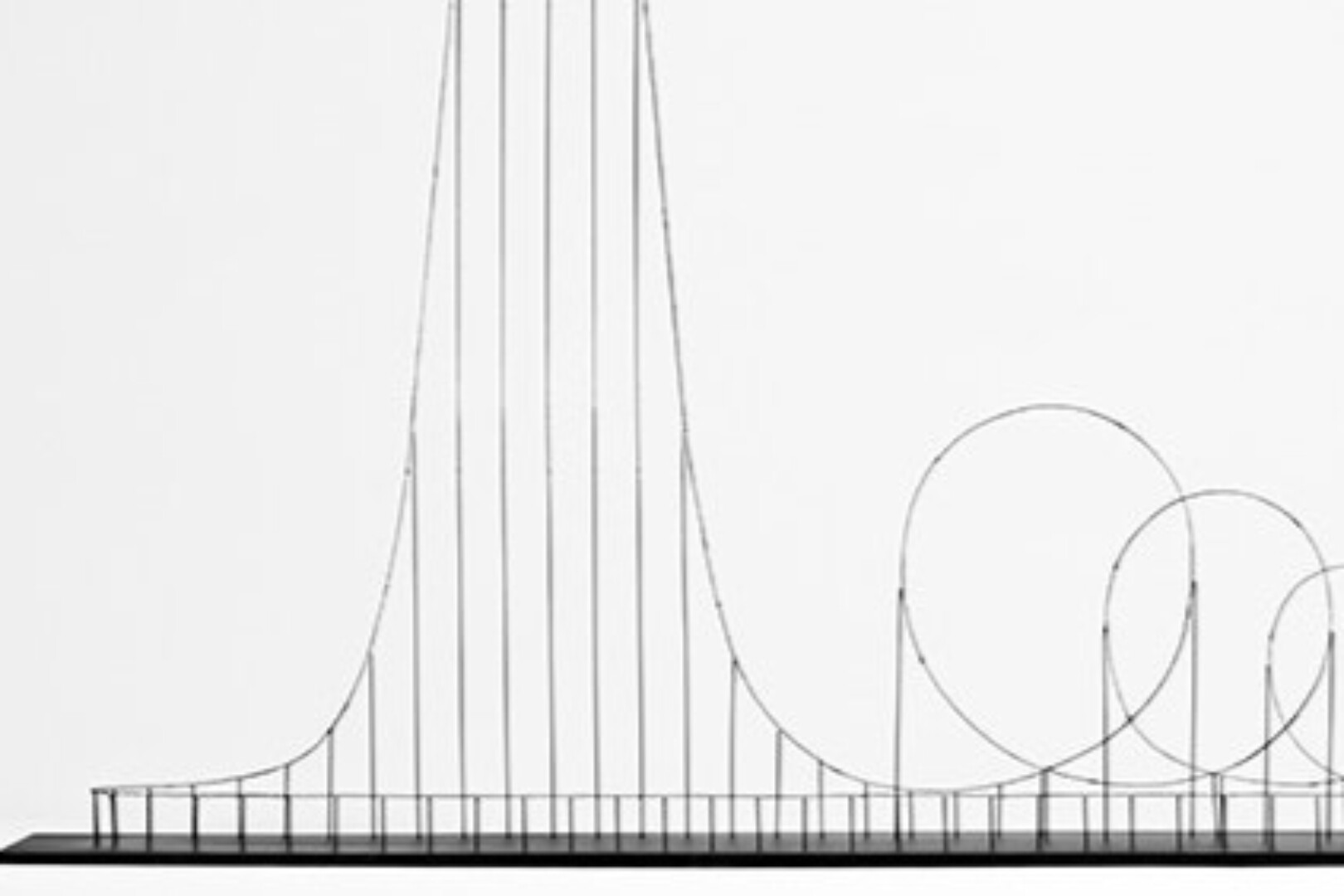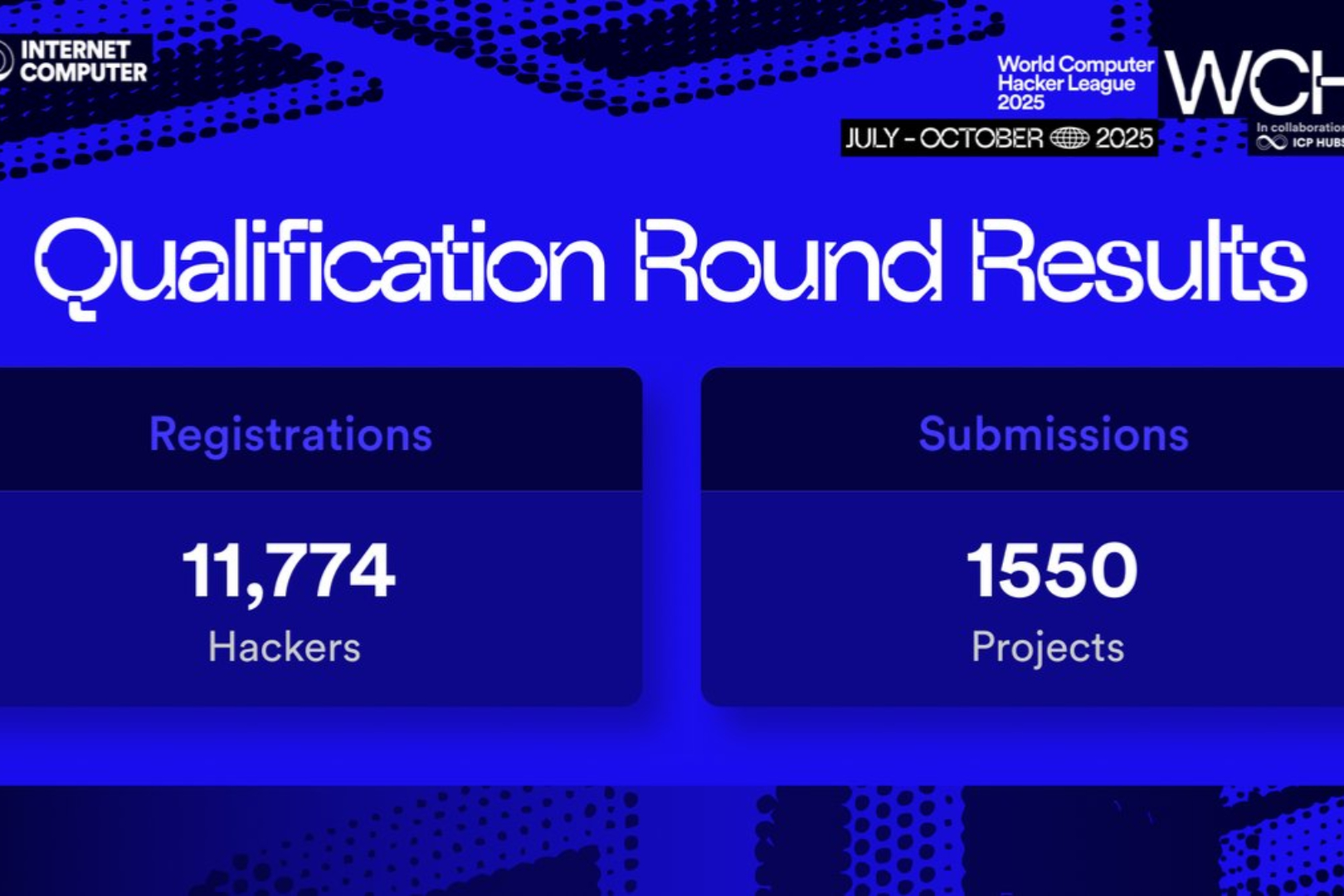Editor's note: In 2019, Defi (decentralized finance) is regarded as one of the most promising scenarios of the blockchain.
Defi, which has experienced several years of development on Ethereum, has derived more than ten types of fine ecology including infrastructure, exchanges and derivatives from the earliest decentralized lending. Among them, the prediction market represented by veil and Augur is also hot enough.
According to the definition of Wikipedia, the forecast market is a speculative market for the purpose of forecasting. It has appeared as early as the 1990s. Due to the advantages of decentralization and high transparency, blockchain + forecasting is entrusted The high hopes of being the first to land have also entered the field of vision of more people with the wave of defi.
to reportto reportCompilation, original author: Erik Torenberg, is the co-founder of the venture capital fund Village global. Village global is a well-known seed venture capital fund. Kerberg, Amazon's Bezos, LinkedIn's Hoffman, Google's Schmidt and many other Internet giants.
Economist Friedrich Hayek pointed out in his 1945 book "The Use of Knowledge in Society" that disparate information is aggregated into market prices in various ways.
Hayek also wrote that what is in one's head is only a small fraction of the sum of all the knowledge that people in society possess.
"The socioeconomic problem is not just a question of how to allocate 'given' resources...it is also a question of how to use knowledge that is not all given to anyone."
But what if we could unlock this information?
What if we could systematically harness the wisdom of the crowd—if we could separate the experts from the charlatans—and then involve the experts in key decisions?
What if we could bring together those who work on the front lines of national security, public health, drug development, movies, government-funded programs, trade agreements, banks, etc., and ask them if their jobs are going right? For example, when we buy a self-driving car, if we can directly ask all the employees who work at Tesla instead of asking Elon Musk.
More broadly, what happens when everyone has an opinion? What if people had economic incentives to make predictions? What would happen if people made money by their eloquence? Can this help us make better decisions?
This is the hope and promise of prediction markets.
A prediction market is effectively a gambling market for predicting what we want to know—discovering what people really believe.
For example:
Will X happen?
If x happened, will y happen?
What happens to y if x happens?
Sports and politics have the most popular prediction markets, but in reality, futures contracts, bonuses, and insurance agreements are all prediction markets because they use people's desire to make money to predict the future.
Although stocks have some cash flow (through dividends), they actually have speculative pricing genes. In contrast, prediction markets tend to return to some objective things in the world.
secondary title
Why are prediction markets so important?
"The tendency of our academic institutions to reward the popular rather than the right can hinder the pace of scientific progress."ー Robin Hanson
From a macro perspective, prediction markets are important because they allow for better decisions. If we agree that more accurate information is a good thing, then we have the potential to improve accuracy in assessing certain possibilities, thereby ensuring stronger governance and management.
Forecasts are now mostly unreliable. Politicians make baseless predictions while the media profit from sensationalized news coverage; experts of all stripes have no stake in the game, and even when they make mistakes, they usually don't go back and correct themselves. Experts have no incentive to predict, because they will lose more.
Charlatans, however, make unfounded predictions in order to attract viewers. If they are wrong, their "tribe" still support them. Celebrities win over opinions, Tribalism over truth, and entertainment over everything else.
In an age of fake news, prediction markets can have a huge impact.
In fact, prediction markets are truth-seeking machines. By tying predictions to money, people can focus on being accurate rather than being liked or popular. If they are unwilling to bet, they will be discredited, if they are wrong, they will lose money and reputation; and vice versa, if they win, expertise will be improved, humility will be appreciated, and charlatans will be eliminated.
It's not exactly the wisdom of crowds—it's"correct"The wisdom of crowds — the wisdom of experts. Just as importantly, it allows the voice of the braggart to be muted or even silenced. If you don't know what you're talking about, you abstain from voting because if you don't, you lose all your money.
How to apply it to the wild scene (the wild)?
For example, a board of directors decides whether a CEO should be hired or fired, either based on their gut instinct or by pooling employee insights. Questions for companies can be: "If we fired the CEO, what would our first quarter revenue be?"Instead, ask: "If we hadn't fired the CEO, what would our revenue be in the first quarter?"
Another example: movies. Movies have huge fixed costs and it's hard to get an MVP. Will the new movie sell well? Can employees assess whether a movie can be completed on time? Is it as good as originally envisioned? and whether people will like it.
History: Where did the modern concept of prediction markets originate?
Prediction markets today are a more concrete form of the concept of "crowdsourcing," or a means of harnessing the wisdom of the crowd to better understand the true nature of reality. As early as the 4th century BC, Aristotle discussed using crowds for this purpose.
"Many people may be better together. Not individually, but collectively, just as a public dinner given by many people is better than one provided at the expense of one. For where there are many people, everyone All have a part of virtue and wisdom, and when they come together the mass becomes a single man with many feet, many hands, and many senses, morally and intellectually one."ー Aristotle, Politics
In modern times, there is a famous example of hundreds of people trying to estimate the weight of a bull at a county fair in England in 1906. It was then observed that the median guess (1207 lbs) remained within 1% of the true weight (1198 lbs).
Prediction markets combine the wisdom of crowds with the efficient capital market hypothesis (stating that asset prices reflect all available information that provides the best estimate of intrinsic value).
Odaily Note:
Odaily Note:
Project Xanadu: Project Xanadu was the first hypertext project founded in 1960 by Ted Nelson. In 1990, the first known enterprise prediction market was used for Xanadu. Employees and consultants used it to bet on the cold fusion controversy at the time, with the goal of drawing employees' attention to the risk that Xanadu might not deliver its product anytime soon. (Cold fusion: a technical term for nuclear fusion reactions at relatively low (or even normal) temperatures; it was controversial in 1989 because many scientists tried to repeat the experiment but found that they could not reproduce the same results).
DARPA's experiment: In 2001, the Defense Advanced Research Projects Agency (DARPA) tried to use the prediction market to improve intelligence capabilities, and launched FutureMAP, which was applied to the analysis of the Department of Defense's interest by pooling intelligence departments, including geopolitical risk prediction, emerging Technology time prediction and impact prediction on national security, etc. The project was canceled in the summer of 2003 following a series of congressional criticisms.
secondary title
common criticism
There are some criticisms and challenges to the widespread application of prediction markets. We can divide them into three main categories:
established power structure
Implementation Challenges
causation
established power structure
If we think about why things do or don't happen in our society, the drivers of change are powerful (e.g. wealthy families, leading businesses and political leaders).
Powerful people tend to move for profit and use all means to retain their power. Robin Hanson's Elephant in the Brain explores in depth how people are good at rationalizing that the interests of the powerful are also the best interests of the collective.
However, prediction markets demonstrate that most managers cannot predict the future, thus threatening the hierarchical control of managers. If prediction markets work as they should, it will weaken those in power and give everyone else more say. While this can improve society as a whole, it can also worsen the position of the powerful.
The argument is that without the moderation of a centralized authority, the community will inevitably descend into mediocrity and chaos (essentially, eternal septembers), so having a small percentage of users in charge may be a necessary evil.
Implementation Challenges
In terms of forecasting market implementation, two main factors need to be considered: (1) the cost of market operation and maintenance; (2) the clarity of relevant markets and outcomes.
Currently, most major prediction markets are run by centralized teams and platforms. These teams are important because they create new markets, ensure fairness, handle disputes, and more.
Therefore, with this type of prediction market, it often results in a negative-sum game. Current prediction markets are more like gambling (either I win and you lose or vice versa) than investing in most other markets (where the overall growth rate is positive).
For prediction markets to really take off, we need to build more positive-sum situations that either drastically reduce the costs associated with these platforms or prove their positive-sum nature.
Finish"Finish"? What if everyone thinks the project is done but needs follow-up work next month?
How do you prove that an outcome actually happened (e.g. Oracle database problem) if the prediction market is run completely decentralized? If the market is a sports game, do you trust centralized ESPN?
causation
The last major challenge is that people's bets affect the actual outcome, and the prophecy is self-fulfilling. A surge in the market could mean that everyone is motivated by money and the future becomes effectively deterministic, since the crowd cannot just predict but also influence the future.
This can have positive effects, but it can also lead to serious negative consequences. The most extreme negative outcomes could lead to assassination or terrorist attacks. If there is a market for a person to die on a certain day, it can be instigated to happen.
in conclusion
in conclusion
Despite these challenges, we believe that prediction markets that leverage the power of crowds will ultimately have a positive impact on society. As the importance of uncovering the truth rises, the cost of disinformation rises, and the value of these types of markets will grow in importance.
We're glad that decentralized projects like Augur continue to emerge to try to address these challenges.

Centralized prediction market
Metaculus — Metaculus is a community that strives to bring together the collective intelligence, insight, and intelligence of its participants to make accurate predictions about future real-world events.
Hypermind — Hypermind harnesses the wisdom of elite groups to make the most accurate predictions about politics, the economy, and your business.
Good judgment – With the most extensive, independently verified record of early forecasts ever recorded, Good Judgment and its globally certified superforecasting network help users think more clearly about an uncertain future.
Predictit — Predictit is a Victoria University of Wellington project that promotes research into the way markets predict events.
Smarkets — Smarkets simplifies peer-to-peer trading of sports and political events, the marketplace lets users set their own odds and trade with others confident enough.
Decentralized prediction market
Decentralized prediction market
Augur - A decentralized protocol where users can create their own prediction markets, it is a set of smart contracts that can be deployed to the Ethereum blockchain.
Gnosis — Through a blockchain-based decentralized platform, Gnosis enables the redistribution of resources from assets to incentives, information to ideas.
Veil — Veil is a p2p prediction market based on open protocols like Augur and 0x, aiming to bring Augur into the mainstream.
Guesser - Mission is to form a future-forecasting community of people, built on top of Augur, by connecting people to markets where they can invest in the outcomes of real world events.
Blitzpredict — BlitzPredict is a betting exchange that focuses on sports, esports, and politics. Based on the Ethereum blockchain, powered by Augur and 0x, based on blockchain technology, provides a low-fee, high-transparency market while reducing counterparty risk.
Flux — Flux is a p2p trading platform for startup derivatives. Flux allows users to create prediction markets, transactions such as product launches, investment rounds and startup milestones such as progress (or setbacks).





